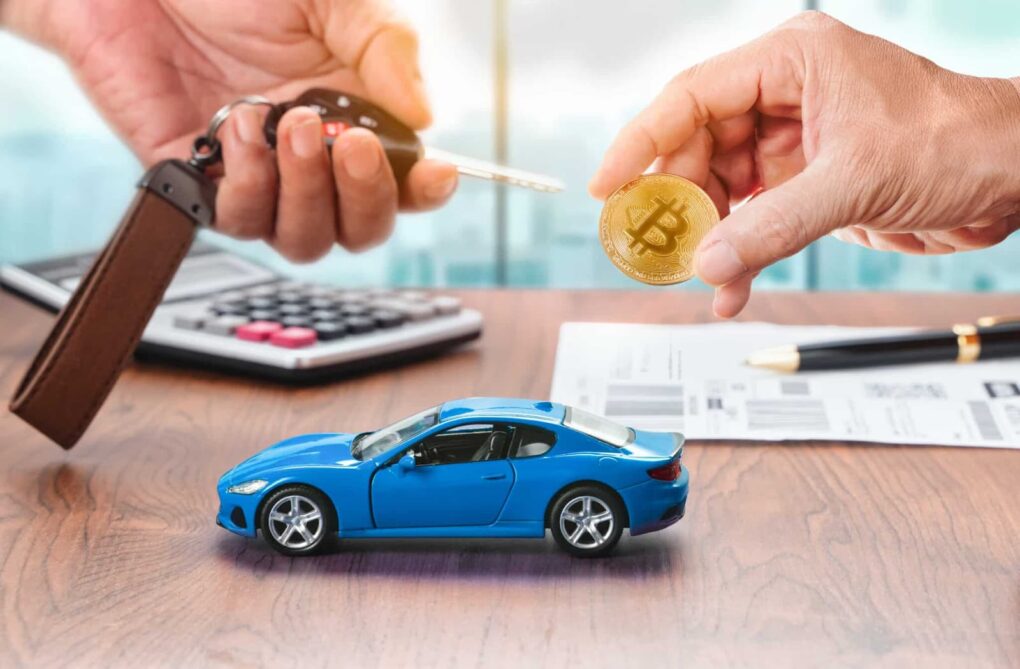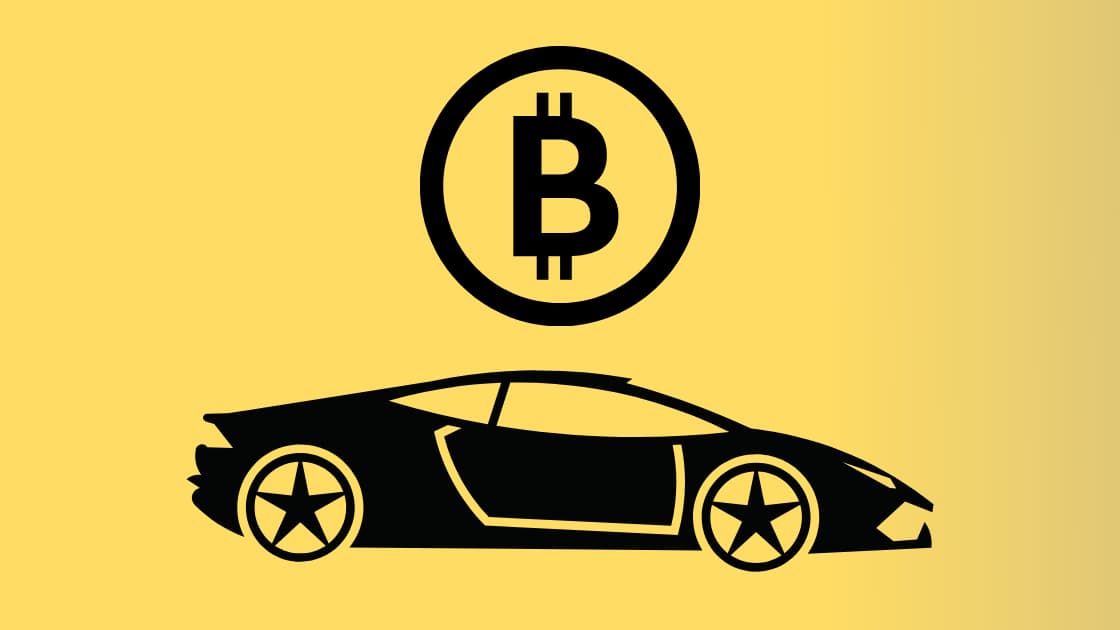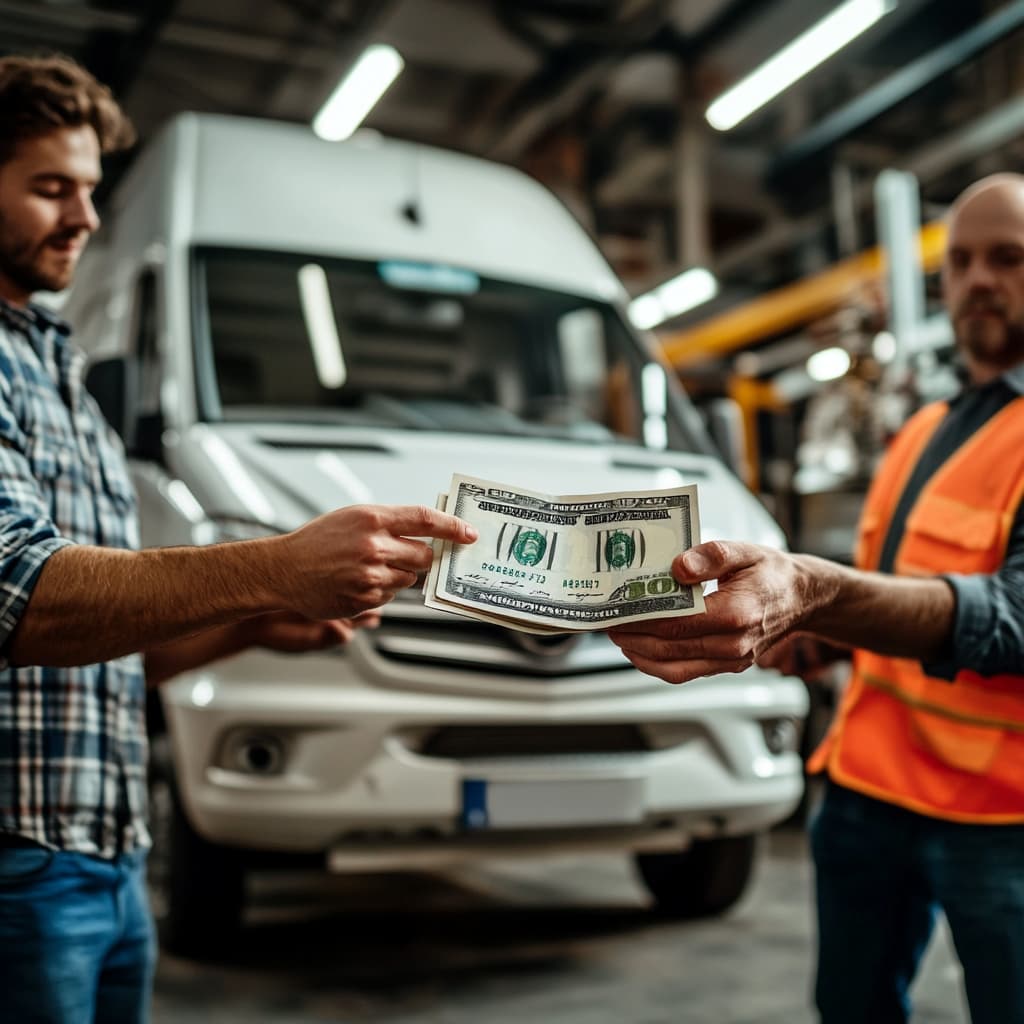In a time when digital transactions are increasingly common, the possibility of buying a car with cryptocurrency is attracting more attention. As the financial environment changes, digital currencies such as Bitcoin, Ethereum, and others are being considered for regular payment options. This article delves into the practicality of purchasing vehicles using cryptocurrency, examining the benefits, the challenges, and the potential future developments of these transactions.
Exploring the Role of Cryptocurrency in Car Purchases
The Situation of Cryptocurrency Auto Payments Right Now
Cryptocurrency transactions for automobiles are increasingly common, particularly in the luxury and exotic car markets, which often resemble the innovative approach of a crypto casino no wager bonus. These markets typically adopt new technologies early, catering to high-net-worth individuals who are eager to use digital currencies for significant purchases. This adoption underscores the growing acceptance and utility of cryptocurrencies in high-value transactions.
Dealerships Embracing Crypto
- BitCars: This online platform focuses on luxury vehicles and welcomes a variety of cryptocurrencies for payment, facilitating the adoption of digital currencies in major financial transactions.
- AutoCoinCars: This platform acts as a mediator between crypto holders and traditional car dealerships, facilitating transactions in digital currencies and expanding cryptocurrency usability in daily commerce.
How It Works
- Cryptocurrency Wallet: Buyers need a digital wallet filled with enough cryptocurrency to cover the car’s price, setting the stage for a new type of transaction in the automotive sector.
- Dealer Acceptance: Only some dealerships accept cryptocurrencies, those that do are technologically and legally prepared for these transactions, which could soon become more common.
- Price Agreement: Owing to the volatility of cryptocurrencies, it’s essential to swiftly establish and secure the price to prevent any financial inconsistencies.
- Transaction Process: Frequently, a third-party service oversees the transaction, guaranteeing both legality and security. This is vital for maintaining trust in cryptocurrency transactions, especially for significant purchases.

Advantages of Purchasing Cars with Cryptocurrency
Benefits for Both Sellers and Buyers
- Speed and Efficiency: Cryptocurrency transactions often complete faster than traditional bank transfers, a crucial advantage especially for international car purchases where traditional banking procedures can be slow. This speed can simplify and expedite the entire buying process, making it attractive for both buyers looking for a quick transaction and sellers who wish to close deals swiftly.
- Reduced Transaction Fees: Employing cryptocurrencies to buy cars can greatly reduce the transaction costs that are usually linked to large-scale financial transfers. Traditional banking often includes several intermediaries who each impose additional fees, while transactions with cryptocurrencies tend to be more direct and straightforward, leading to cost savings for all involved parties.
- Expanded Market: Cryptocurrency is a global currency, not bound by national borders. This opens up opportunities for sellers to market their vehicles to an international audience without the complexities of currency conversion. Similarly, buyers benefit from a broader selection of vehicles across different markets, not limited to their geographical location.
Security and Transparency
- Blockchain Technology: At the core of cryptocurrency lies blockchain technology, which provides a transparent and decentralized ledger for transactions.This ledger provides a clear, unalterable record of each transaction, significantly reducing the possibility of fraud and enhancing trust between transacting parties. It’s particularly beneficial in the car buying process where the authenticity of transaction records is paramount.
- Immediate Transfer: Cryptocurrencies facilitate the immediate transfer of funds once a transaction is confirmed on the blockchain. This immediacy eliminates the typical waiting period for fund clearance seen in traditional banking, where transfers can take several days to complete. For car transactions, this means immediate ownership transfer, allowing buyers to take possession of their new vehicles faster and sellers to receive their funds without delay.
Challenges and Limitations
Volatility and Pricing Issues
The price of cryptocurrencies is infamous for fluctuating dramatically and quickly. This volatility can be a major issue when pricing vehicles in crypto, as the value of the agreed payment can change drastically within a short period, leading to potential financial losses for either the buyer or the seller. For example, a car priced at an equivalent of $50,000 in cryptocurrency could change in value within days or even hours, making financial planning and budgeting difficult. This instability requires both parties to possibly adjust terms frequently or hedge against market movements, adding complexity to the transaction.
Legal and Regulatory Hurdles
- Tax Implications: The ambiguity surrounding the taxation of cryptocurrency transactions poses a significant challenge. Different regions may have varying regulations on whether crypto transactions are taxable events, and how they should be reported. This lack of clear tax guidelines can lead to unexpected tax liabilities for both buyers and sellers, complicating the financial aspects of transactions and potentially deterring the use of cryptocurrency for large purchases like cars.
- Legal Recognition: In numerous regions globally, cryptocurrencies have not yet attained the status of legal tender. This absence of formal legal recognition may limit the usage of digital currencies in acquiring physical assets. In the context of car purchases, this situation implies that agreements settled in cryptocurrency may not be legally binding in certain areas, thereby introducing an element of risk. Furthermore, without legal recognition, it’s challenging to resolve disputes in transactions, as regulatory frameworks may not yet fully support or understand the intricacies of blockchain and crypto assets.
The Potential Use of Cryptocurrency in Auto Sales
Industry Trends and Predictions
The integration of cryptocurrency in the automotive purchasing sector is anticipated to expand as the digital currency ecosystem matures. Key developments such as the introduction of stablecoins, which are cryptocurrencies designed to minimize volatility by being pegged to stable assets like USD, could mitigate one of the biggest barriers—price fluctuation. Additionally, as regulatory frameworks around the world evolve to better accommodate and oversee cryptocurrency transactions, this will likely enhance trust and stability, paving the way for more widespread adoption.
Advancements in blockchain technology and improved security features also hold the potential to further safeguard transactions, which will increase their appeal to both parties when buying a car. As these technological and regulatory environments improve, we can expect a smoother, more reliable process for buying cars with cryptocurrency.
Potential for Mainstream Adoption
- Digital Platform Integration: As the automobile sales landscape shifts more towards digital solutions, online platforms are constantly exploring enhancements for better customer engagement. By incorporating cryptocurrency as a payment method, these platforms can attract a burgeoning demographic of crypto-literate consumers while also modernizing their appeal. Such integration may simplify transactions, lower expenses, and extend access to buyers globally, ultimately increasing sales.
- Wider Adoption by Dealerships: As digital currencies gain more acceptance and familiarity among the public, the interest in using cryptocurrencies for car purchases is anticipated to increase. Dealerships that proactively embrace cryptocurrency payments can secure a competitive advantage, appealing to a niche yet swiftly expanding customer base. This early adoption could act as a distinctive selling point, setting innovative dealerships apart from their more conventional rivals.



